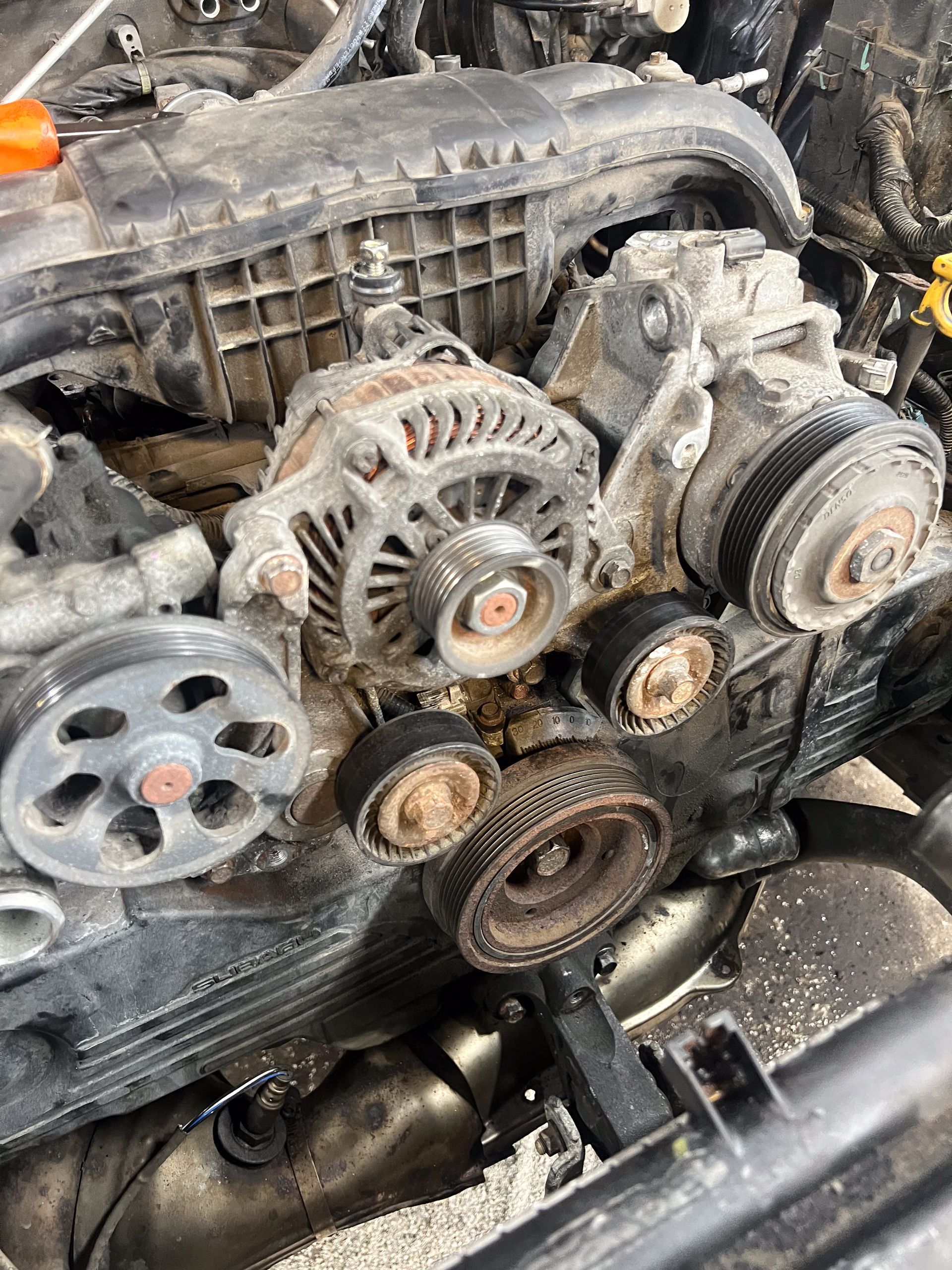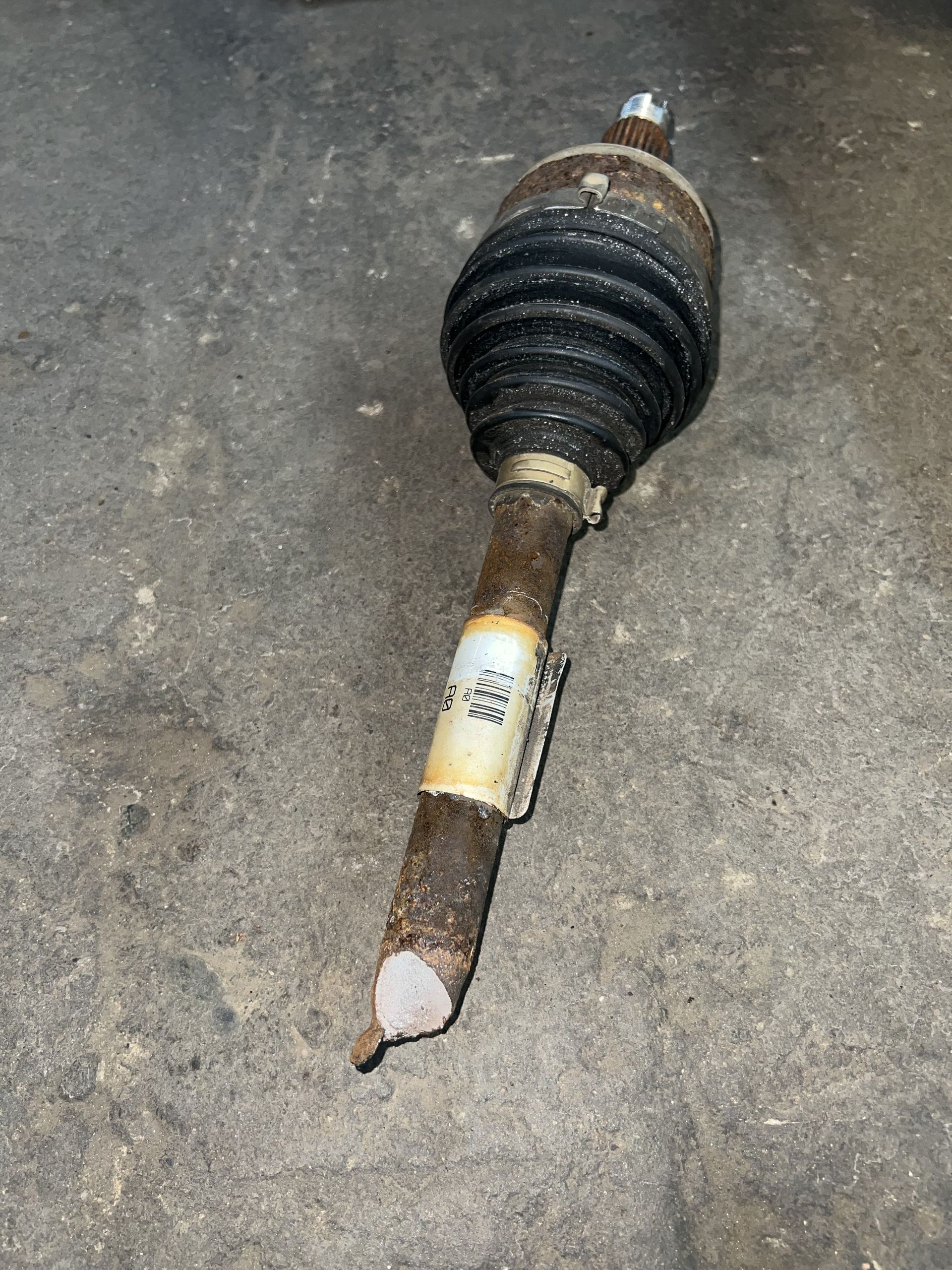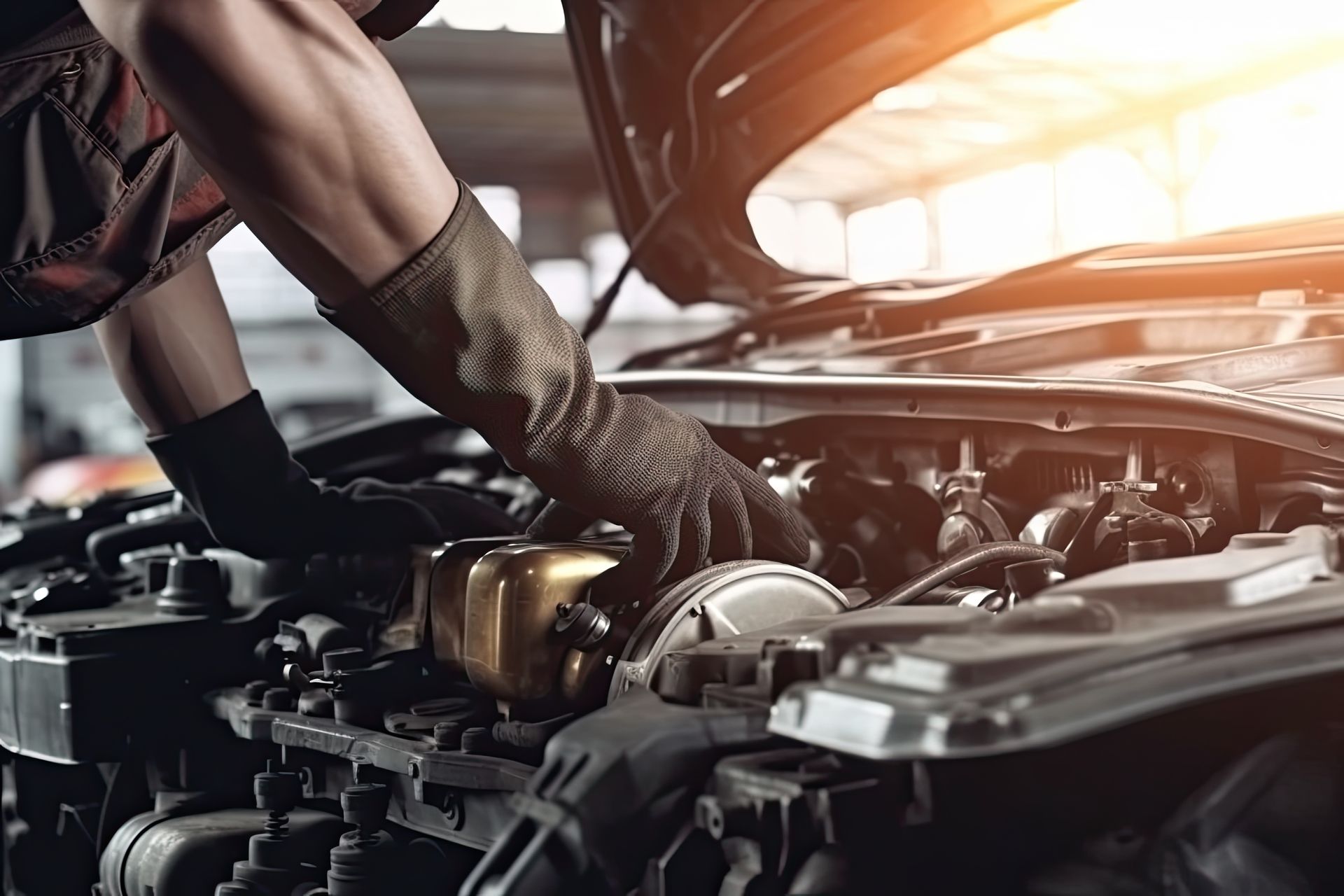Why Are Catalytic Converters So Important?
The Silent Heroes: Understanding the Importance of Catalytic Converters
In the world of cars and environmental consciousness, there's a silent hero that’s often overlooked the catalytic converter. You may have heard about this fancy part of the exhaust system that hides under the car, waiting to play its part when you turn your car on. Its role in reducing harmful emissions from vehicles and preserving the air we breathe is crucial. Let's dive into this vital component and explore why it deserves our attention.
What is a Catalytic Converter?
Remember when masks were required for any travel during the COVID-19 outbreak? The purpose was to stop the spread of the virus or “pollutant” by filtering the air you breathe out through a mask. You can think of a catalytic converter in the same sense. It’s a device installed in your vehicle's exhaust system that converts harmful pollutants created by the combustion process into less harmful emissions before they exit the tailpipe and enter the atmosphere. Essentially, it is a complex metal mask that filters exhaust gas the car is “breathing” out, making it safer for the environment.
How Does it Work?
Think of the catalytic converter as a chemical processing plant. The combustion engines powering our cars rely on a mix of fuel and air to generate power. This process also creates harmful byproducts such as nitrogen oxides (NOx), carbon monoxide (CO), and hydrocarbons (HC). Inside this metal canister lies a honeycomb-like structure coated with precious metals such as platinum, palladium, gold, and rhodium that act as catalysts for the byproducts. When the exhaust gasses pass through this structure, a series of chemical reactions occur. The first step involves the reduction of nitrogen oxides (NOx) into nitrogen and oxygen.
Then, carbon monoxide (CO) and unburned hydrocarbons (HC) are transformed into carbon dioxide (CO2) and water (H2O) through oxidation. This explains why you may see water dripping from your tailpipe or under the car if you have an exhaust leak. It's like a mini chemistry lab on the move! Unfortunately, the precious metals used in catalytic converters means they can be quite expensive to replace, and also makes them a prized item for theft. So if you start your car one day and it is significantly louder than you remember you might want to take a look underneath it.
Why Are Catalytic Converters Important?
The primary function of catalytic converters is to reduce harmful emissions from vehicles. Emissions like nitrogen oxides, carbon monoxide, and hydrocarbons contribute to air pollution, smog formation, and climate change. By converting pollutants into less harmful compounds catalytic converters help mitigate these effects, making our environment safer and healthier for all living beings, especially in densely populated areas that usually see heavy traffic. Governments worldwide have implemented strict emissions regulations to combat air pollution and protect public health.
Failure to comply with emissions regulations can result in hefty fines, vehicle registration restrictions, and even bans in certain areas. Therefore, catalytic converters are not just optional add-ons but essential components that ensure vehicles remain compliant with legal requirements. Exposure to high levels of vehicle emissions is linked to various health problems, including respiratory issues, cardiovascular diseases, and even premature death. Reducing emissions contributes to safeguarding public health and well-being. They also contribute to optimizing engine performance and efficiency by promoting better fuel combustion. Making the engine run smoothly and efficiently is part of their job.
The Future of Catalytic Converters
Since their introduction in the 1970s, cat converters have undergone significant technological advances. Manufacturers continue to innovate and refine designs to enhance their efficiency, durability, and environmental performance. They are constantly being improved to work better than before and minimize the environmental footprint of transportation. From improved catalyst formulations to advanced exhaust after-treatment systems, the future looks promising for cleaner and greener transportation.
Why do they fail?
Catalytic Converters are typically built to be strong and last a long time. However, there are some things that can speed up the process of their ultimate demise that you should be aware of. Contamination and overheating from misfires, bad fuel, or fluid leaks like oil or coolant can all lead to premature failure. The contamination clogs the cat, makes it less efficient, and will likely set a check engine light. Overheating can cause the catalyst material to melt or break apart, making it ineffective. Physical damage from road debris such as a dent can also have a negative effect. A deformation to the structure inside of the cat can reduce flow and increase back pressure, which can lead to issues down the road. If you have a bad catalytic converter, you may notice symptoms such as a loud exhaust, check engine light, engine misfires, and more.
While catalytic converters may go unnoticed by many, their role in safeguarding our environment and public health is anything but insignificant. These silent heroes work quietly to purify the air we breathe and protect our planet for future generations. Technological advances will continue to raise the bar for emissions standards as we strive for a cleaner, more sustainable future, and we’re excited for it. If you have a bad cat, make sure to get it replaced as soon as possible not only for the health of your vehicle, but for the health of yourself, others, and this world. Let's recognize and appreciate the importance of these systems beneath our car's hood. After all, they're not just parts; they’re systems of environmental protection and human well-being.

Shawn Gilfillan is the dedicated owner of Automotive Magic in Kenvil, NJ. With over two decades of experience, Shawn has led his team in providing expert auto repair and service since 2003.
In 2022, Magic Lube & Rubber was born in Lake Hopatcong, NJ. Committed to fostering strong community ties and supporting team development, Shawn prioritizes customer satisfaction above all. As a proud family man and long-time resident of Roxbury, NJ, Shawn brings a blend of professionalism and warmth to his business.
Trust Shawn and his team for all your automotive needs with confidence and assurance.


Professional Auto Services
cost-effectively provided.
Services
List of Services
-
Car A/C & Heat RepairCar A/C & Heat Repair
-
Brake Repair & ServiceBrake Repair & Service
-
Diagnostics & InspectionsDiagnostics & Inspections
-
Fleet ServiceFleet Service
-
Maintenance & Tune-UpsMaintenance & Tune-Ups
-
Oil & Lube ChangesOil & Lube Changes
-
Tire Service & AlignmentsTire Service & Alignments
-
Transmission ServiceTransmission Service
List of Services
-
Car A/C & Heat RepairCar A/C & Heat Repair
-
Brake Repair & ServiceBrake Repair & Service
-
Diagnostics & InspectionsDiagnostics & Inspections
-
Fleet ServiceFleet Service
-
Maintenance & Tune-UpsMaintenance & Tune-Ups
-
Oil & Lube ChangesOil & Lube Changes
-
Tire Service & AlignmentsTire Service & Alignments
-
Transmission ServiceTransmission Service




Services
List of Services
-
Car A/C & Heat RepairCar A/C & Heat Repair
-
Brake Repair & ServiceBrake Repair & Service
-
Diagnostics & InspectionsDiagnostics & Inspections
-
Fleet ServiceFleet Service
-
Maintenance & Tune-UpsMaintenance & Tune-Ups
-
Oil & Lube ChangesOil & Lube Changes
-
Tire Service & AlignmentsTire Service & Alignments
-
Transmission ServiceTransmission Service
List of Services
-
Car A/C & Heat RepairCar A/C & Heat Repair
-
Brake Repair & ServiceBrake Repair & Service
-
Diagnostics & InspectionsDiagnostics & Inspections
-
Fleet ServiceFleet Service
-
Maintenance & Tune-UpsMaintenance & Tune-Ups
-
Oil & Lube ChangesOil & Lube Changes
-
Tire Service & AlignmentsTire Service & Alignments
-
Transmission ServiceTransmission Service
© 2024 Automotive Magic. All Rights Reserved | Website managed by Shopgenie







